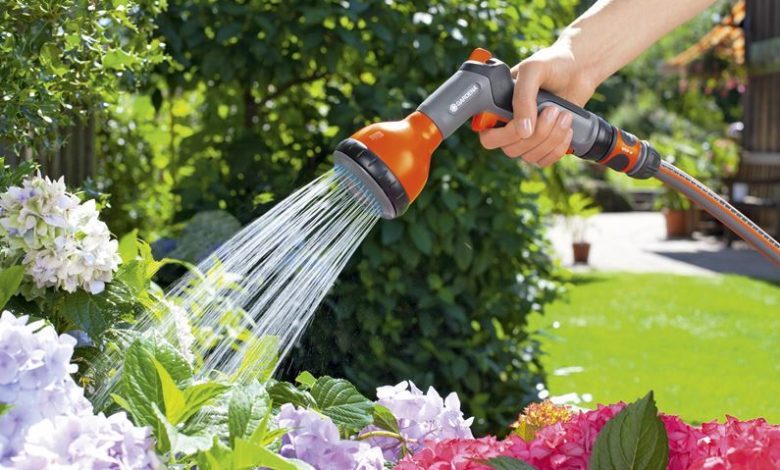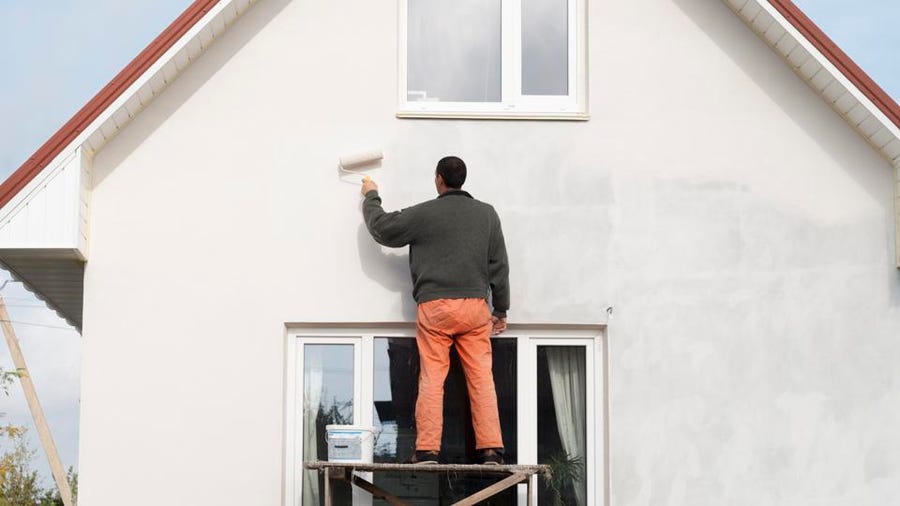Creating a Sustainable Garden: The Importance of Effective Water Management

Sustainable gardening is more than just a passing trend; it’s a practical and environmentally friendly approach to creating an outdoor space that flourishes naturally. A vital part of sustainable gardening is effective water management, which ensures that plants receive adequate moisture without unnecessary waste. This guide explores how water conservation and thoughtful irrigation choices can enhance your garden’s sustainability.
Understanding Water Needs in a Sustainable Garden
Every garden has unique water needs depending on its location, climate, and types of plants. A sustainable garden is designed to make the best use of natural rainfall, minimising additional watering requirements. Achieving this balance begins with choosing native plants or drought-tolerant varieties suited to your region. These plants are naturally adapted to local weather conditions, requiring less intervention and less water.
Planning the layout of your garden also plays a crucial role in efficient water usage. Grouping plants with similar water requirements together, known as “hydrozoning,” helps reduce the amount of water needed. This way, plants that thrive in drier conditions can be separated from those needing more moisture, allowing you to tailor irrigation to meet specific needs, ultimately conserving water and supporting plant health.
Choosing an Efficient Irrigation System
A well-planned irrigation system can greatly improve the sustainability of your garden by reducing water waste and delivering moisture precisely where it’s needed. Automated irrigation systems, such as drip lines and soaker hoses, apply water directly to the root zone of plants, minimising evaporation and runoff. Such systems are efficient and reduce the time and effort required to maintain a garden, making them ideal for sustainable practices.
Garden irrigation installers can assist in creating a customised irrigation setup tailored to your garden’s layout and plant types. Garden irrigation installers offer the expertise to set up systems that distribute water efficiently, further supporting water conservation efforts. These professionals can recommend the most suitable irrigation system based on your garden’s needs, ensuring that every drop of water counts toward creating a resilient and flourishing garden.
Maximising Water Retention in Soil
Healthy soil acts as a natural reservoir, retaining moisture and gradually releasing it to plants. To improve water retention in your garden, consider enriching your soil with organic matter such as compost or well-rotted manure. These materials enhance the soil’s structure, helping it hold water for longer periods. Additionally, organic-rich soil promotes beneficial microbial activity, which improves plant health and reduces the need for synthetic fertilizers.
Mulching is another effective technique for retaining soil moisture. By applying a layer of mulch, such as wood chips or shredded leaves, around your plants, you can reduce evaporation, maintain a stable soil temperature, and suppress weeds that compete for water. Mulching not only conserves water but also adds a natural aesthetic to your garden, blending sustainability with beauty.

Harvesting Rainwater: A Sustainable Solution
Collecting rainwater is an excellent way to conserve water and reduce reliance on municipal sources. Installing rain barrels or other water collection systems allows you to capture and store rainwater for later use, particularly beneficial during dry spells. Rainwater is also naturally free from chemicals found in tap water, such as chlorine, making it a healthier option for plants.
Rainwater harvesting can be as simple or elaborate as desired. From basic collection containers positioned under downspouts to more complex systems that direct rainwater to specific areas of the garden, there are numerous ways to incorporate rainwater into your irrigation plan. Using stored rainwater during dry months not only conserves water but also aligns perfectly with the principles of sustainable gardening.
Making Water Conservation a Part of Your Gardening Routine
Creating a sustainable garden is about forming habits that align with environmental stewardship. By implementing thoughtful water management practices, you can reduce waste, enhance soil health, and promote plant resilience. Sustainable gardens require less intervention, leaving more time to enjoy their natural beauty and contribute positively to local ecosystems.
Sustainable water practices benefit both your garden and the wider environment, offering a practical approach to conservation while creating an outdoor space that thrives with minimal impact. With careful planning and a focus on water efficiency, your garden can become a lasting source of beauty, health, and ecological balance.





